via RIPESS
by Alexane Heredia
One of the earliest such maps was TransforMap, a project with origins in Austria and Germany that is using OpenStreetMap as a platform for helping people identify and connect with alternative economic projects. In the US, CommonSpark assembled a collection of “maps in the spirit of the commons” such as the Great Lakes Commons Map (a bioregional map of healing and harm), World of Commons(innovative forms of citizen-led governance of public property and services in Italy), Falling Fruit (a global map identifying 786,000 locations of forgeable food), a map of Free Little Libraries (free books available in neighborhoods around the world), a global Hackerspace map, a global Seed Map, a map of all Transition communities, and several Community Land Trust directory maps.
As the varieties of maps proliferate, there is growing concern that the mapping projects truly function as commons and be capable of sharing data and growing together. But meeting this challenge entails some knotty technical, social and legal issues.
A group of mappers met at the Commons Space sessions of the World Social Forum in Montreal last year to try to make progress on the challenge. The dialogues continued at an “Intermapping” workshop in Florence, Italy, last month. After days of deep debate and collaboration, the mappers came up with a document that outlines twelve key principles for developing effective data and mapping commons. The Charter for Building a Data Commons for a Free, Fair and Sustainable Future is the fruit of those dialogues.
The Charter’s authors describe the document as “the maximum ‘commons denominator’ of mapping projects that aspire to share data for the common good.” If you follow these guidelines,” write the mappers, “you will contribute to a Global Data Commons. That is, you will govern your mapping community and manage data differently than people who centralize data control for profit.”
“The Charter does not describe the vision, scope or values of a specific mapping project. It is rather an expression of Data Commons principles. It will help you reimagine how you protect the animating spirit of your mapping project and prevent your data from being co-opted or enclosed.”
Here is version 0.6 of the Charter, which is still a work-in-progress:
- Reflect your ambition together. Discuss the core of your project again and again. Everybody involved should always feel in resonance with the direction in which it’s heading.
-
Make your community thrive. For the project to be successful, a reliable community is more important than anything else. Care for those who might support you when you need them most.
-
Separate commons and commerce. Mapping for the commons is different from producing services or products to compete on the map-market. Make sure you don’t feed power-imbalances or profit-driven agendas and learn how to systematically separate commons from commerce.
-
Design for interoperability. Think of your map as a node in a network of many maps. Talk with other contributors to the Data Commons to find out if you can use the same data model, licence and approach to mapping.
-
Care for a living vocabulary. Vocabularies as entry points to complex social worlds are always incomplete. Learn from other mappers’ vocabularies. Make sure your vocabulary can be adjusted. Make it explicit and publish it openly, so that others can learn from it too.
-
Document transparently. Sharing your working process, learnings and failures allow others to replicate, join and contribute. Don’t leave documentation for after. Do it often and make it understandable. Use technologies designed for open cooperation.
-
Crowdsource what you can. Sustain your project whenever possible with money, time, knowledge, storing space, hardware or monitoring from your community or public support. Stay independent!
-
Use FLOSS tools. It gives you the freedom to further develop your own project and software according to your needs. And it enables you to contribute to the development of these tools.
-
Build upon the open web platform. Open web standards ensure your map, its data and associated applications cannot be enclosed and are prepared for later remixing and integration with other sources.
-
Own your data. In the short run, it seems to be a nightmare to refrain from importing or copying what you are not legally entitled to. In the long run, it is the only way to prevent you from being sued or your data being enclosed. Ban Google.
-
Protect your data. To own your data is important, but not enough. Make sure nobody dumps your data back into the world of marketization and enclosures. Use appropriate licenses to protect your collective work!
-
Archive your project. When it doesn’t work anymore for you, others still might want to build on it in the future.
(Earlier versions of the document can be found here and here. If you have comments or new points to add to the Charter, here is a hackpad for new contributions.)
These twelve principles represent a lot of hard-won wisdom into the functioning of data commons!
Find the article here!
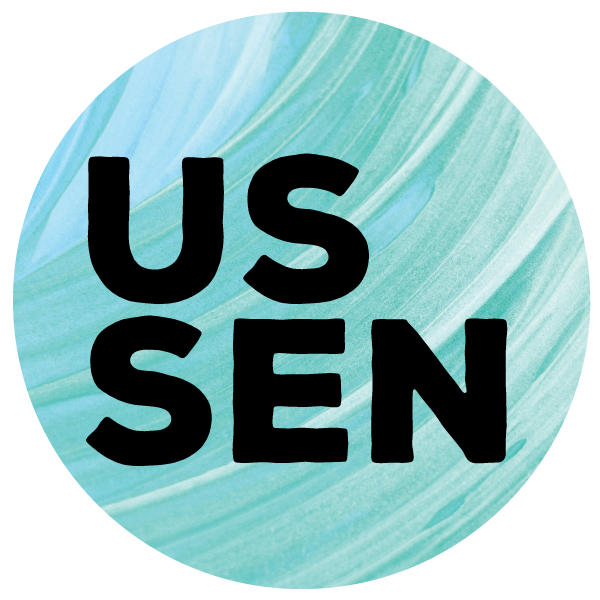
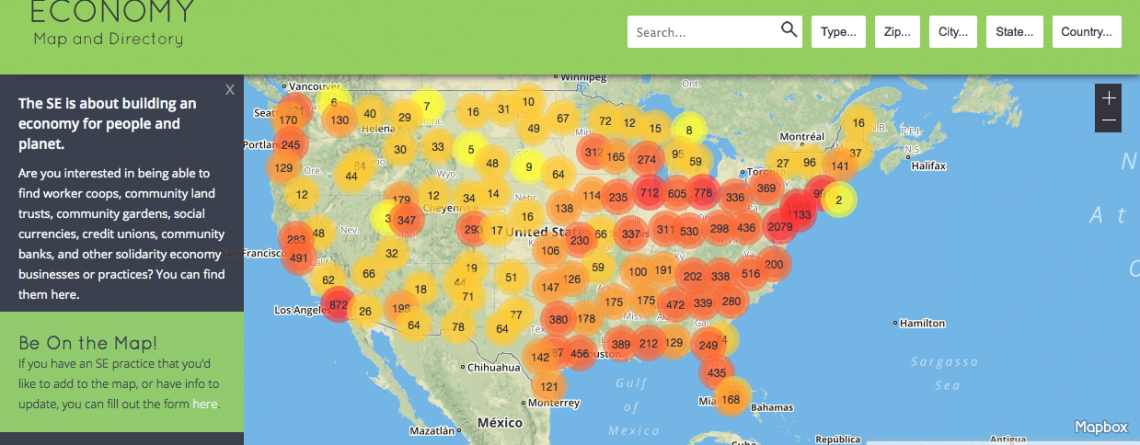

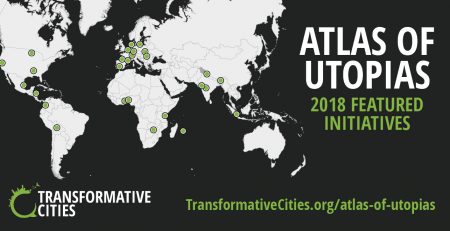
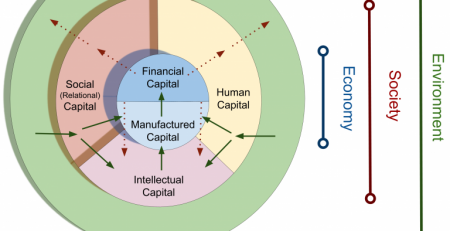
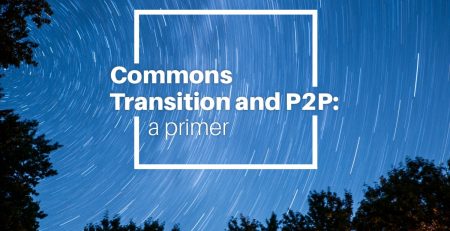
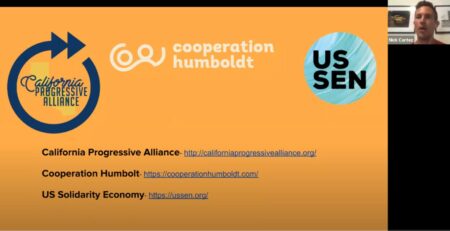

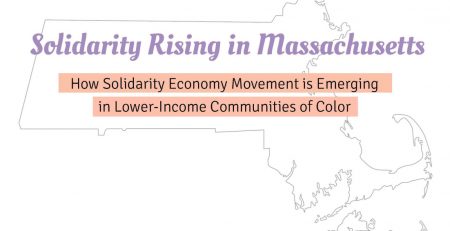
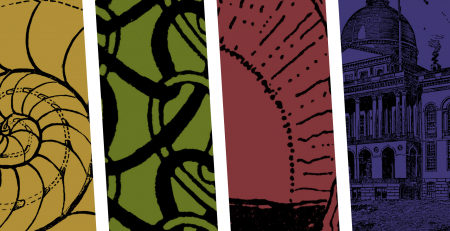

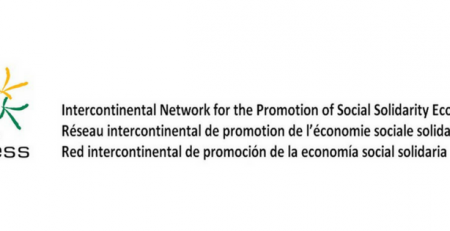
Leave a Reply